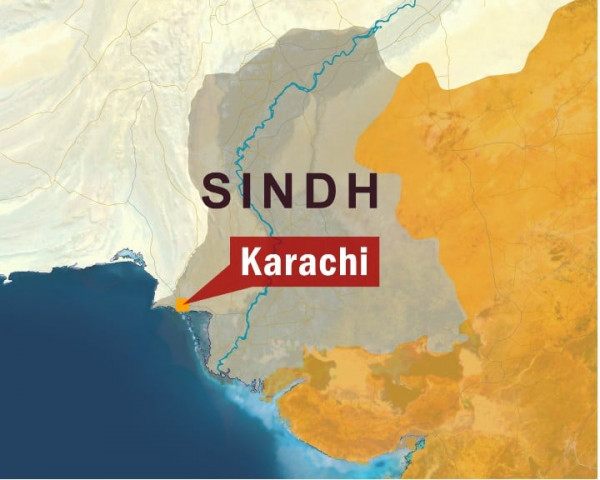Saving juveniles from vicious crime cycle
Child right group holds dialogue with police officials.

He advised lawyers to be more sensitive when defending a child. “Any shortcoming on the part of legal counsel may throw an innocent life into a vicious cycle of crime,” he added.
The Society for the Protection of the Rights of the Child (Sparc) held a one-day dialogue on Thursday with mid-level police officials in order to deliberate upon the problems in the criminal justice system at the police level.
Child rights expert Iqbal Detho and Sparc Juvenile Justice Manager Ghulam Madni Memon talked about the concept and spirit of community policing. Detho said that in order to divert child-offenders towards rehabilitation, the police have established child rights desks within police departments. They are functioning at the district level and are the focal point for issues faced by children.
Madni highlighted the functions of these desks. He said that five Child Rights Desks are currently functioning in Sindh and they are authorised to intervene in cases of child rights abuse. The police have to refer all juveniles arrested or held to these desks.
The desk’s function is to protect children coming in contact with law in any way and to ensure the implementation of all the rights entitled to children under the Juvenile Justice System Ordinance, 2000 and Sindh Children Act, 1955.
Sparc Regional Manager Manzoor Hussain spoke about the role of the probation system in diverting youth offenders to rehabilitation centres. He said that the probation and parole system is meant to help juvenile offenders and reintegrate them back into society but the department is understaffed and there are only three probation officers in Sindh.
Sindh Probation and Reclamation Department’s Akhtar Mangi talked about the detention centre or Remand Home, which helps children in the traditional justice system. Children are provided education, shelter and food and the environment is completely different from a prisons’ environment in these centres. PRESS RELEASE
Published in The Express Tribune, January 7th, 2011.


















COMMENTS
Comments are moderated and generally will be posted if they are on-topic and not abusive.
For more information, please see our Comments FAQ